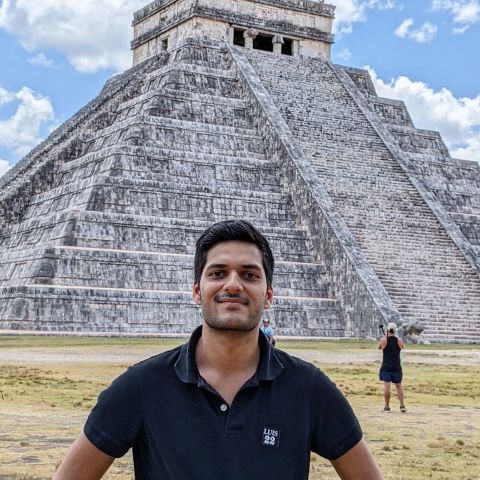News
Full listing
September 21, 2022
NEW YORK – September 21, 2022 – The Blavatnik Family Foundation and the New York Academy of Sciences today announced the three Winners and six Finalists of the 2022 Blavatnik Regional Awards for Young Scientists. The Awards honor outstanding postdoctoral scientists from academic research institutions across New York, New Jersey, and Connecticut. The announcement comes during the National Postdoctoral Association’s 13th annual celebration of 2022 National Postdoc Appreciation Week, which recognizes the significant contributions that postdoctoral scholars make to U.S. research and discovery.
July 12, 2022
KIC POSTDOCTORAL FELLOWSHIPS are high-profile, two-to-three-year postdoctoral positions with significant independence and resources. The KIC Fellows program is designed to attract the best and brightest young researchers in nanoscale science to Cornell.
The 2022 application cycle for the KIC Postdoctoral Fellowship for Experimental Physics is now open. The due date for applying is October 14, 2022.
July 12, 2022
Cornell University's Laboratory of Atomic and Solid State Physics is soliciting applications for the Bethe/Wilkins/KIC Postdoctoral Fellowship. This prize fellowship will provide an outstanding theoretical physicist the opportunity to work with theorists and experimentalists in Cornell's physics department.
The 2022 application cycle for the Bethe/Wilkins KIC Postdoctoral Fellowship for Theoretical Physics is open. The due date for applications is September 24, 2022.
July 11, 2022
Humans have achieved spectacular large-scale engineering feats, but “we are still kind of stuck when it comes to engineering miniaturized machines,” says Itai Cohen, a Cornell University physicist and senior author of a new Nature study describing his team’s cilia chip. Researchers had previously tried to make artificial cilia that worked by means of pressure, light, electricity and even magnets. But a major hurdle remained: designing extremely tiny actuators—the motion-triggering parts of a machine—that can be controlled individually or in small clusters rather than all at once.
June 14, 2022
“The information content in a piece of material can quickly exceed the total information content in the Library of Congress, which is about 20 terabytes,” said Eun-Ah Kim, professor of physics in the College of Arts and Sciences, who is at the forefront of both quantum materials research and harnessing the power of machine learning to analyze data from quantum material experiments.
“The limited capacity of the traditional mode of analysis – largely manual – is quickly becoming the critical bottleneck,” Kim said.
May 25, 2022
Researchers have now designed a micro-sized artificial cilial system using platinum-based components that can control the movement of fluids at such a scale. The technology could someday enable low-cost, portable diagnostic devices for testing blood samples, manipulating cells or assisting in microfabrication processes.










